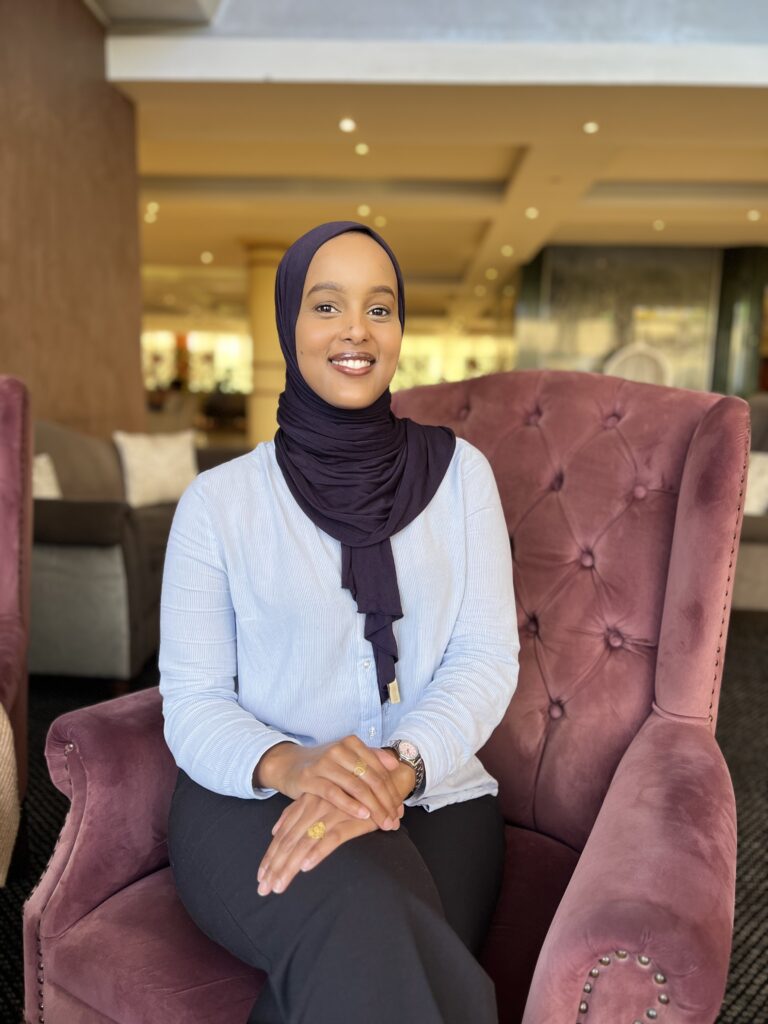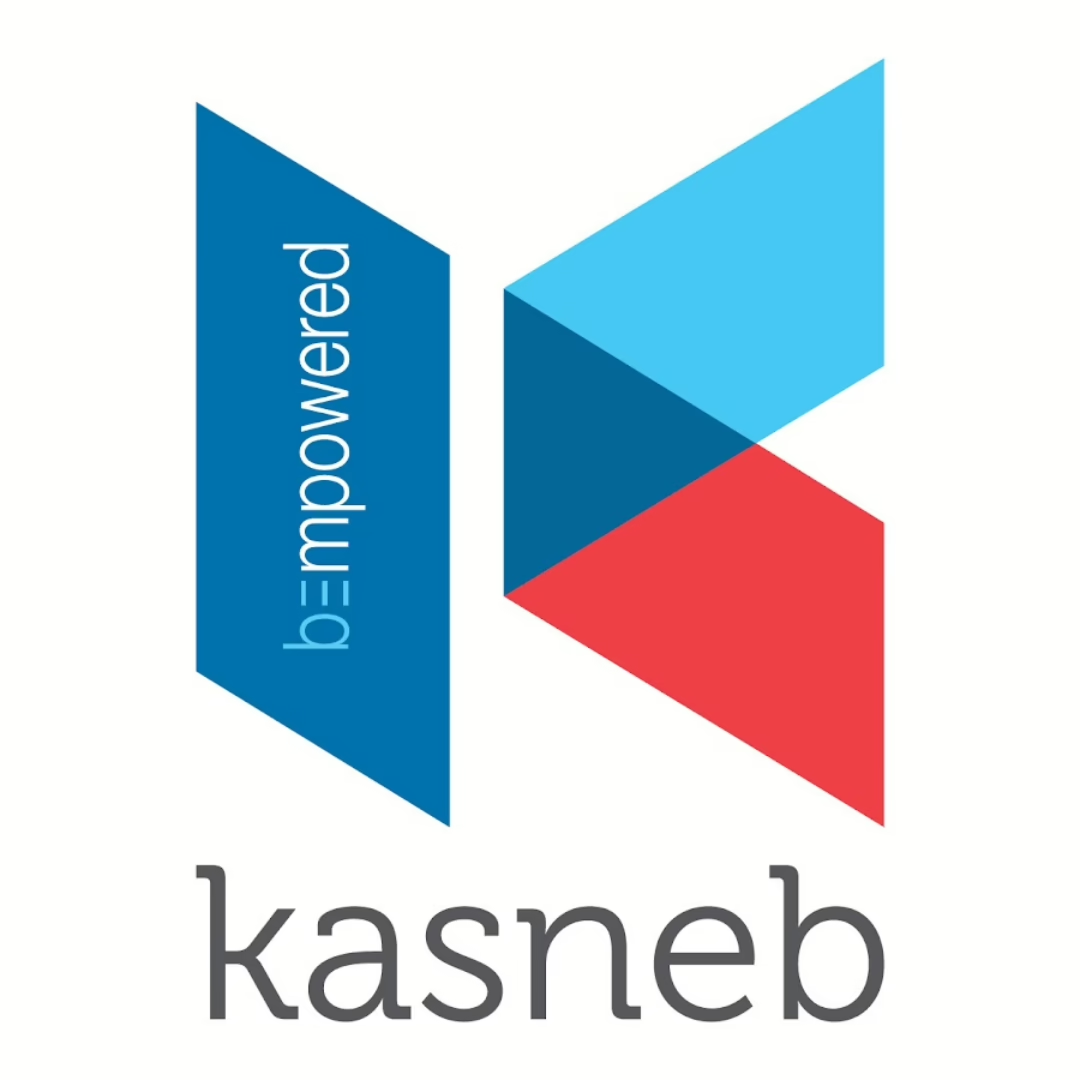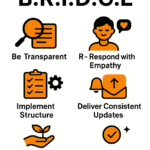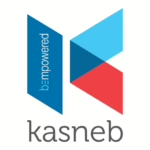International Girls in ICT Day is held every fourth Thursday of April. The observance is an initiative by the International Telecommunication Union to encourage women and girls to pursue careers in tech and bridge the gender gap in the tech space.
This year’s theme for the observance is leadership, and rightfully so. We live in a tech-driven era, and inclusive leadership helps provide better solutions.
In line with the leadership theme, we spoke to Lujain Abbas, a startup and technology attorney and a strategic legal advisor. Lujain has five years of practice in Kenya’s InsurTech space. She also mentors startups and young girls across different platforms.
We piqued her brain on the gender gap in Kenya’s tech arena, the value women bring to the tech space, and how female lawyers can equip themselves to pursue legal careers in tech. She also explores the challenges women in tech face and how to overcome them. Keep reading to explore insights into Kenya’s tech space.
My Legal Journey Into Kenya’s Tech Space

 Lujain’s journey to becoming a lawyer started at Riara University, where she studied for her LLB before proceeding to the Kenya School of Law. She was admitted to the bar as an Advocate of the High Court in 2019.
Lujain’s journey to becoming a lawyer started at Riara University, where she studied for her LLB before proceeding to the Kenya School of Law. She was admitted to the bar as an Advocate of the High Court in 2019.
Ms. Abbas landed her first job in the corporate space as legal counsel at Griffin Motor App, Kenya’s first digital car insurance. The job marked her first encounter with startup and technology law.
“It was a novel and terrifying experience because InsurTech was fairly new in the Kenyan legal space. However, I rolled up my sleeves and soaked up all the jargon and technical information I could muster.” According to Lujain, her tech and business-savvy colleagues were instrumental in shortening her learning curve so she could perform her role effectively.
Griffin Motor App morphed into Lami Technologies, a digital insurance solutions company with a more diverse product portfolio. The new development expanded Lujain’s role as in-house counsel. Her role at Lami Technologies included establishing a legal and compliance department.
As head of the legal department in a tech firm, regulatory compliance is a big part of the job. However, for Lujain, getting to know the product has become the most exciting part of her day-to-day job.
“I interact with different departments, including product design to ensure that the user has a seamless experience. Additionally, I’ve framed the legal department as a team contributor by scheduling weekly catch-ups with various teammates who bring me up to speed on ongoing projects. During these calls, I’m able to look at the projects and raise concerns that will then be tabled in a larger group meeting.”
From Lujain’s experience, acquiring skills beyond the knowledge of the law is crucial for women or lawyers who wish to pursue a career in legal tech. “The legal landscape has changed in the sense that clients are looking for lawyers who will not only spot the legal issue but also provide workable alternatives to achieve the same goal with far less risk given the company’s priorities.”
Brenda Kodawa, a Kenyan lawyer working as a product lawyer in a tech firm in the US, echoes this sentiment. You can read Brenda’s story on practicing law in the US with a Kenyan law degree here.
Second, both Lujain and Brenda agree that a tech lawyer must be solution-oriented. Therefore, an intimate understanding of a tech product is crucial for any tech lawyer. They must understand the client’s mission, the product’s value proposition, startup jargon, target audience, and more basic information.
The Gender Gap in the Tech Industry
Given her position as head of legal for a tech company with a presence across five markets, Lujain qualifies as a leader in Kenya’s legal tech space. So, what are her views on gender equality in the tech arena?
Lujain begins by recognizing that while we are not where we need to be, we are in a better position than perhaps a millennium ago. “Young girls are now interested in careers in tech, engineering, and aviation; that’s something worth recognising. However, with that said, the gender gap indeed still exists because of the challenges in pursuing a career.”
Ms. Abbas highlights an article published by CIO Africa, a tech insights platform, on gender gaps in leadership positions within Kenya’s technology sector. The article titled “Bridging the Gender Gap in the Tech Space” highlights the far-reaching consequences of the underrepresentation of women. “The gender gap in leadership positions will impact not only the development of products but also the economy due to the underrepresentation of an already diverse market.”
According to Ms. Abbas, women bring an often overlooked diversity of thought to the tech industry. “It’s a known fact that they excel at soft skills such as effective communication, emotional intelligence, problem-solving, and organizational skills.”
Lujain further explains that when tech teams recruit a diverse and inclusive team, they generate a variety of perspectives, ideas, and experiences to work with. The variety facilitates the design and development of more innovative and creative tech solutions that are user-centric and factor in these specific needs and requirements.
So, which challenges hold women from taking up leadership positions in tech despite the growing intested in tech and law, which were previously male-dominated industries?
Lujain acknowledges that women experience many challenges while pursuing their careers. However, she focuses on three main problems that most women will relate to:
-
Overcoming stereotypes
“I have observed that a lot of women, particularly those who have a caregiving role back at home, have a tough time overcoming the maternal bias that subconsciously exists in the workplace. In some scenarios, it is assumed that they are best suited for “softer” roles and get passed over for more technical roles.”
-
Imposter syndrome
“Most of the time, women, including myself and many of those close to me, tend to fight the stereotype of being less proficient in a subject than their male colleagues.” The ineptitude stereotype is especially prevalent in fields deemed to be male-dominated, including tech and law.
“You will find that women have to constantly prove their competence to receive some form of acceptance. Being constantly undermined takes a toll on their confidence and psyche which would inevitably lead to them shying away from taking leadership positions. They either feel like they don’t belong in that seat or fear being perceived as failing at the task assigned altogether.”
-
Self-doubt
While self-doubt is more prevalent among the young girls Lujain mentors, it also affects some women in the workplace. “Self-doubt arises due to a plethora of issues, such as internalized patriarchal beliefs. So, the first step is to encourage one another and be aware of the subconscious beliefs we have accepted about ourselves. Thinking that you are less than others should not be an option. If you have an interest in any topic or field, go ahead and pursue it.”
Closing the Gender Gap in Kenya’s Tech Law Space
While women still face challenges ascending to positions of power in the tech arena, Women like Lujain are living proof that it’s possible. So, which pearls of wisdom does Lujain have for women within and beyond the legal space seeking to pursue leadership spaces in tech?
“Always be curious about the company’s operations, goals, and priorities. With this curiosity, you’ll be able to sit in meetings to offer legal advice and give different perspectives and approaches to ongoing projects.”
Lujain further advises women seeking leadership in tech to follow their curiosity through the channels below.
-
Seeking Mentorship
According to Ms. Abbas, mentorship creates a sense of community and belonging. “Knowing that you have a person or group of people to talk to about an experience or project who will offer a different approach or perspective to achieve a goal keeps you driven.
-
Networking
Lujain’s networking strategy has always been speaking to her peers and sharing ideas and experiences. Such conversations allow peers to learn from each other and inspire each other with solutions.
“I think a lot of networking is focused on speaking to those at the top, which can be nerve-wracking for a socially anxious person like myself. That also is not to say that you shouldn’t speak to those ahead of you, no. Seek to learn from everyone, regardless of rank.”
-
Upskilling
With upskilling, Ms. Abbas recommends reading articles and attending webinars and conferences on subjects that interest you. “Whether you’re interested in data privacy, algorithmic justice, or cybersecurity, just attend an event, and it will be an adventure.”
She recommends The Lawdown as a helpful guide to platforms offering legal resources, including job opportunities and events. So, check out our events corner for updates on learning opportunities. Also, drop by our job board to view some of the latest vacancies for advocates.
-
Adaptability
“Embrace new challenges and be adaptable because having a teachable mindset helps you acquire various skills that will help you stay relevant in the ever-changing tech space.”
Bottom Line:
The Kenyan legal tech space has plenty of room for women lawyers to occupy and ascend to leadership positions. Moreover, the Internet of Things provides numerous resources to pursue areas of interest in tech and legal tech. With the ubiquity of technology in all areas of life, the time is ripe for women within and beyond the legal landscape to close the gender gap in tech.











